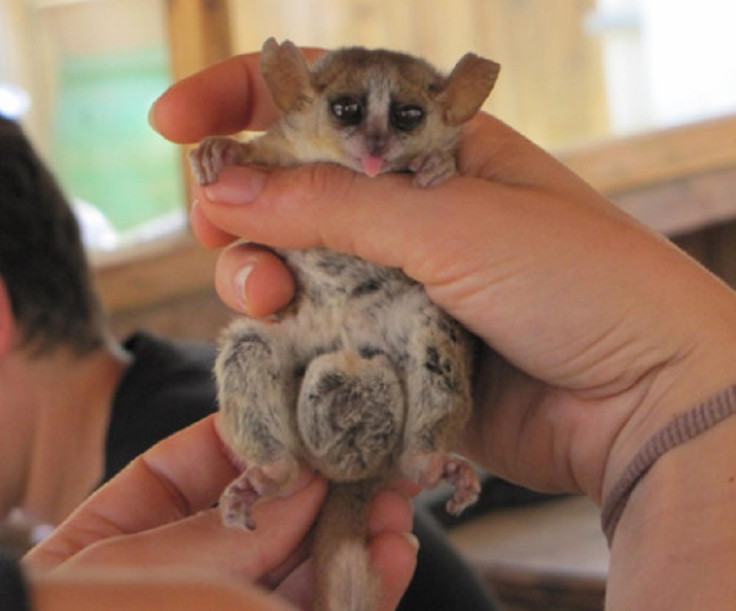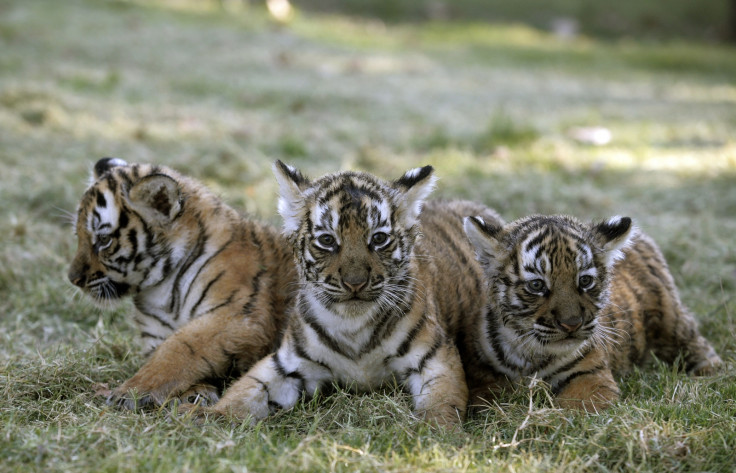Infanticide: Promiscuous Females Protecting Young Leads to Males with Giant Testis

Infanticide is common among many mammal species, with males often killing young in "strategic and brutal" attacks so the female can mate again, researchers have said.
However, scientists have now identified how the mother protects her young against competing males – by taking many partners so the paternity of her offspring is unknown.
Published in the journal Science, researchers from the University of Cambridge have found that this strategy has led males to compete through the quality of their sperm – resulting in the evolution of huge testis.
Among many mammals, outsiders will fight dominant males to gain access to females. When a rival takes over, they kill the infants so the females are "sexually receptive" again. For some species, this is the leading cause of death among infants.
Researchers found that males might only have a very short amount of time to ensure they reproduce.
In response, females of some species, including the mouse lemur, have evolved a counter-strategy. By having as many mates as possible in a short space of time, the paternity is unknown and males risk the possibility of killing their own offspring.
As a result of this technique, males must compete through sperm quality, leading to the production of ever increasing quantities of sperm. This leads to an increase in testis size, with mouse lemurs' swelling to five to 10 times their usual size during the breeding season.
Lead author Dieter Lukas said: "In species in which infanticide occurs, testis size increases over generations, suggesting that females are more and more promiscuous to confuse paternity.

"Once sperm competition has become so intense that no male can be certain of his own paternity, infanticide disappears - since males face the risk of killing their own offspring, and might not get the benefit of siring the next offspring."
The researchers studied 260 mammalian species to show male infanticide occurs when sexual conflict is most intense, with just a few males dominating reproduction.
Lukas said: "While it had previously been suggested that infanticide might be an evolutionary driver in mammalian societies - leading to females allying themselves with other females or forming bonds with a specific male in order to defend their offspring - we've now shown that this isn't the case: male infanticide is a consequence of variation in sociality, most commonly occurring in species where both sexes live together in stable groups."
The findings suggest infanticide is not a general trait, but a strategy used where it is advantageous to the males. Fellow researcher Elise Huchard said: "Male infanticide appears and disappears over evolutionary times according to the state of the evolutionary arms race between the sexes. Although infanticide may not have contributed to shape the diversity of mammalian social systems, it has deeply influenced the evolution of sexual behaviour and sex roles."
© Copyright IBTimes 2025. All rights reserved.






















